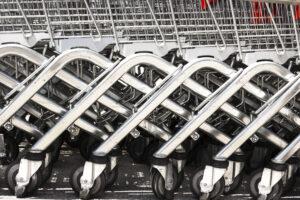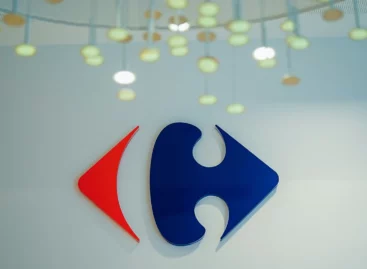Spanish Regional Chains Outperform National Competitors
The Spanish grocery market is showing signs of stabilisation after five years of upheaval caused by the pandemic, inflation, and supply chain disruptions.

According to Kantar, the top four chains – Mercadona, Grupo IFA, Carrefour, and Lidl – now account for nearly 54% of the market.
Market leader Mercadona increased its market share by 0.9 percentage points to 26.8% by August, but the pace of growth has slowed and is not uniform across all regions. While making significant gains in regions with lower market penetration, Mercadona is not growing as much in more established areas.
Second-placed Carrefour increased its market share by 0.4 percentage points to 10.1% this year, thanks primarily to its performance in fresh perishable products. Lidl followed in third place with 6.4% (+0.1%), with particular growth momentum observed in the second quarter.
Elsewhere, Eroski, with 4.2% (-0.2) and Grupo Dia, with 3.6% (-0.5%) round off the top five.
The overall Spanish grocery market has seen moderate growth due to factors such as decreased consumer visits to supermarkets and a shift towards shopping at a single chain. Private-label brands have continued to grow but at a slower pace than in previous years.
Regional Chains Outperform
Regional chains have emerged as significant winners, increasing their market share between January and August by 0.6 percentage points, to 17.7%, surpassing all other competitors except Mercadona.
Chains like Consum (3.4% share), Ahorramas, Gadisa, Froiz, BM Supermercados, Bon Preu, and Bon Área have achieved this growth by successfully navigating inflationary pressures and offering competitive prices on both private label and branded products.
The growth of regional chains has also impacted the market for private label brands which accounted for 44.4% of FMCG sold in Spain as of August (+1.3% year-on-year), as regional chains offer a diverse range of products at competitive prices.
Private label growth is now concentrated among retail chains that have historically prioritised them, such as Mercadona, Lidl, and Aldi. Conversely, regional stores have become a valuable outlet for manufacturers, capturing approximately one-quarter of consumer spending on manufacturer brands.
ESM
Related news
Lidl launches campaign with tennis star Steffi Graf
🎧 Hallgasd a cikket: Lejátszás Szünet Folytatás Leállítás Nyelv: Auto…
Read more >Related news
II. Green Gastronomy – Marketing Communication Workshop organized by the MMSZ HoReCa and Green Section
🎧 Hallgasd a cikket: Lejátszás Szünet Folytatás Leállítás Nyelv: Auto…
Read more >Retail sales of organic products in Hungary increased by 13.9% – our country is the second fastest growing market in the European Union
🎧 Hallgasd a cikket: Lejátszás Szünet Folytatás Leállítás Nyelv: Auto…
Read more >Nearly 140 domestic suppliers, 60% growth – SPAR Regions Treasures program accelerates with AI solutions
🎧 Hallgasd a cikket: Lejátszás Szünet Folytatás Leállítás Nyelv: Auto…
Read more >








